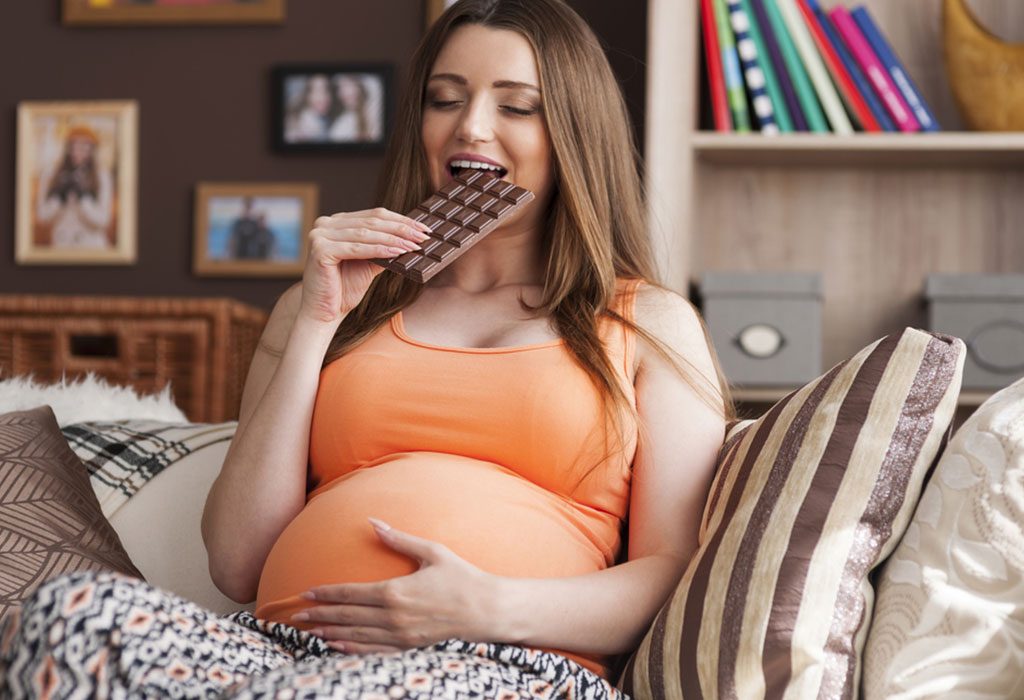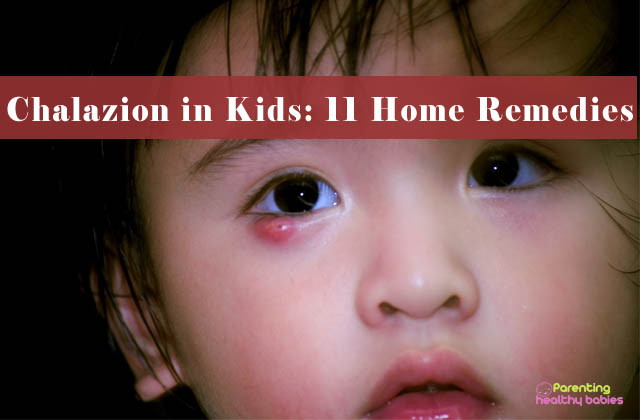Most mothers would agree that child-bearing has been one of the most significant experiences of their lives. It alters world views and how people approach the world. The many facets of being a mother together form an extremely complicated process, both biologically and emotionally. The struggle starts early, as most couples have to work towards conceiving. With increasing rates of infertility, many people have to resort to innovative means in order to conceive their own children. Not only that, once a woman gets pregnant, the journey gets even more arduous.
Read More: 11 Surprising Benefits of Cocoa Butter
A Guide for Eating Chocolates while Breastfeeding
It is a beautiful process but also a difficult phase to live through. It is psychologically taxing for most mothers, but ultimately worth the wait. Anyone who is seriously invested in their lives is bound to resort to hardcore research and internet surfing in order to do what is good for the developing child. And the research does not stop with the delivery of your child. Breastfeeding is one of the key experiences concerning feeding your infant child and you must watch what you eat in order to be sure that only the most nutritious side of your diet is filtered down to your baby.
Alcohol and other substances are to be strictly avoided, but what about small indulgences, like chocolates? If you are wondering whether you can eat chocolate while breastfeeding, here are a few things to remember. Chocolate and breastfeeding are not completely opposed to each other, but consuming chocolates in large amounts may be harmful.
Read More: 13 Surprising Health Benefits of Cacao in Your Child’s Diet
Is chocolate harmful to your baby?
More than the substance itself, it is the chemical composition of a substance that must be broken down and examined in order to judge whether it is safe. In case of chocolate and breastfeeding, theobromine present in chocolate is what needs to be concerned. As a stimulant of the nerve, theobromine is similar to caffeine in how it affects the body of a lactating mother. Theobromine can find its way into the mother’s milk that, when suckled by your infant, may adversely affect them. Though chocolates do not typically contain caffeine, most academic portals discussing the manifestation of excess theobromine in the blood use the terms interchangeably, which hints at the fact that they have very similar effects. Chocolate-flavoured food items may contain caffeine, which accounts for the presence of both caffeine and theobromine.
It will serve to keep in mind that when consumed in reasonable amounts, eating chocolate while breastfeeding does not cause any harm to the baby being breastfed. In addition to this, most breastfeeding mothers are on the track of getting back to their pre-pregnancy figures and in good shape. Allowing a low chocolate content in your daily diet can help with this endeavor, while also checking the excess intake of theobromine.
Theobromine content in chocolate
The substance known as theobromine is present in cocoa and so the consistency of the chocolate itself can determine the amount of theobromine present. Dark chocolate has a larger percentage of theobromine making it a little more harmful for your baby if you give in to the craving and eat a lot of dark chocolate. Milk chocolate has a relatively lower percentage, and white chocolate has none, making it safe to be eaten by any mother breastfeeding her child.
An ounce of milk chocolate general contains about 6 mg of theobromine. Medical research sets the acceptable limit at 750mg of theobromine per day to be consumed by the mother of an infant child. As long as you keep this threshold in mind, having chocolate while breastfeeding should not be a problem for you.
How to tell if your baby is suffering from excessive theobromine?
If you calculate your daily intake of chocolate to have around 750 mg of theobromine, you could look for the following symptoms in your baby:
- If your baby is being uncharacteristically fussy and seems to be in an irritable mood, you might want to get that checked out.
- Keep track of your child’s sleeping cycle. If you notice that your baby is not sleeping for long periods and is suffering from sleep related problems, you might want to get to the root of that.
But how do you confirm that all these symptoms are caused by your weakness for chocolates and nothing else? There is a simple way to find out. You can take a week completely off chocolates and check any change in the behaviour of your baby. If the irritability and sleeplessness disappears, you know for sure that it was the chocolate while breastfeeding that was causing it. This small experiment can also help you understand how chocolate and breastfeeding might be related to one another.
Conclusion
If there is anything more serious on your mind, do not hesitate to consult your doctor at the earliest. If you think you have an unexplainable attachment to chocolates, finding a solution for your addiction might be best for you and your baby.
References
https://www.lllc.ca/thursday-tip-chocolate-and-breastfeeding
http://m.essentialbaby.com.au/forums/index.php?/topic/314483-breastfeeding-and-chocolate/













